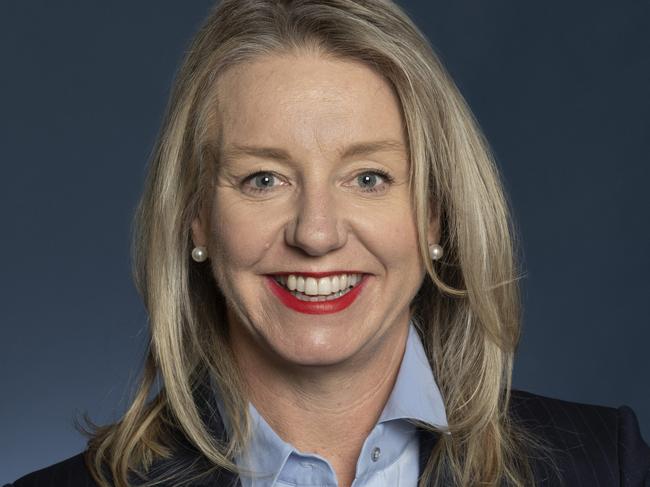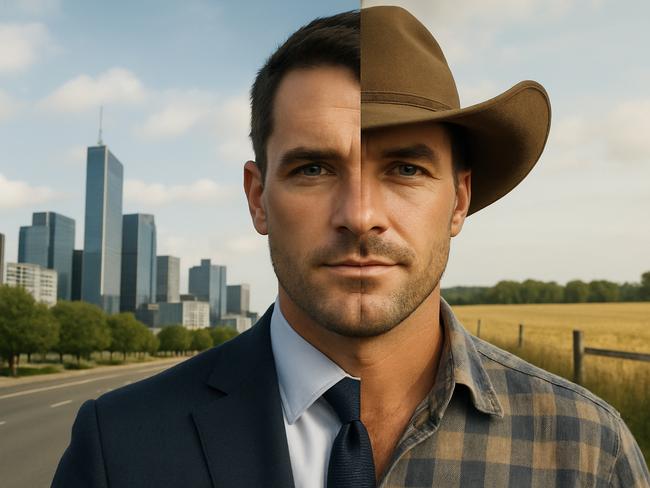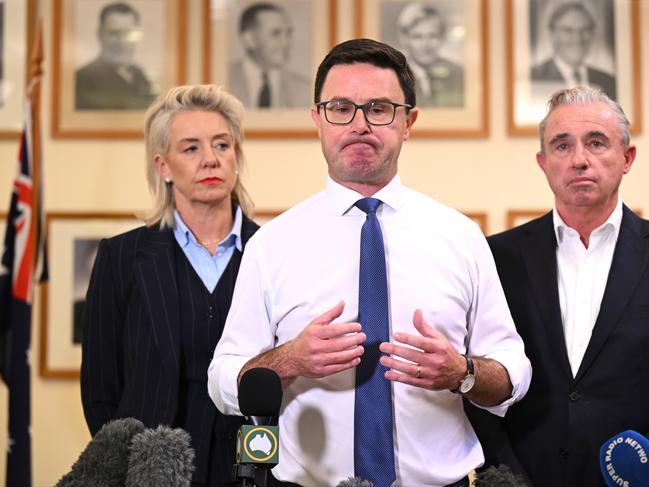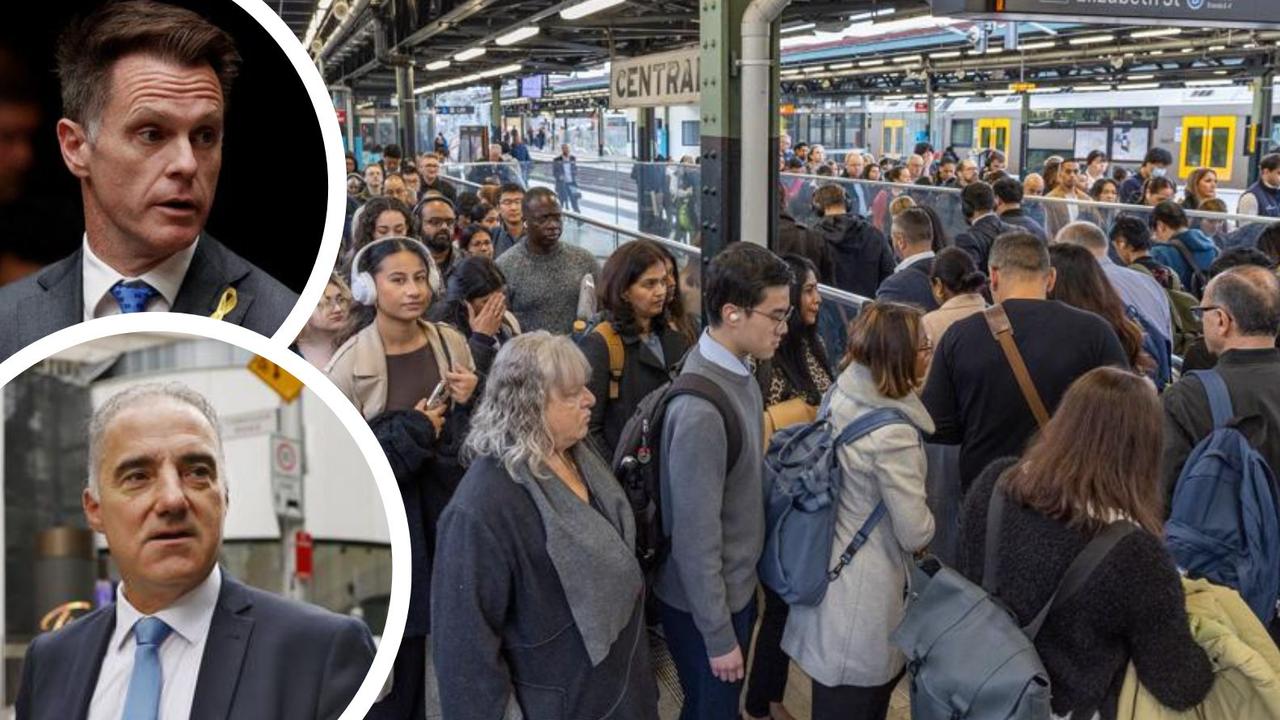Why we Nationals gave Libs the flick and split the Coalition
The Nationals have always been a distinct party with our own values and priorities, which is why when the Liberal Party would not agree on four of our core policies for regional people, we had to split the Coalition, writes Bridget McKenzie.

Opinion
Don't miss out on the headlines from Opinion. Followed categories will be added to My News.
While the Coalition was handed a thumping defeat on May 3, the Nationals retained all our seats and increased our vote in many seats.
The Coalition has been the most successful political partnership in the post-World War II era, only sitting separately in the parliament twice in that time.
A week is a long time in politics – but it seems three weeks is a lifetime.
Because it was only three weeks ago that we took collectively with the Liberal Party a set of policies to the Australian electorate.
Regrettably, the Liberals have failed to recommit to these common sense and straightforward policies.
Our team, the Nationals, have made a decision that now is not the time to re-enter into a formal Coalition agreement with the Liberal Party.
We are not doing this out in anger or ego.
The Nationals have always been a separate party with our own values and our own priorities on behalf of the communities we represent.
There were four policies the Liberals would not agree:
Firstly, if Australians want a genuine low emissions modern economy, we can’t walk away from nuclear technology being part of the solution.

Nuclear power is central to the policies of left-of-centre parties across North America and Europe, and even the Greens in Finland.
It’s clean, it’s reliable and it’s time we stopped pretending renewables alone can power our country.
The regions are carrying much of the burden of the so-called transition, with transmission lines carving through farmland, communities sidelined from consultation and jobs under threat.
That’s not fair and we won’t accept it.
Secondly, the Regional Australia Future Fund was designed to guarantee regional Australia a portion of the wealth that they themselves produce through mining, manufacturing and agriculture – to seize the opportunities and overcome the challenges the coming decades will bring.
Thirdly, establishing commonwealth divestiture powers to stop the abuse of market power by big supermarkets and protect Australian suppliers and consumers.
This a last resort competition tool that every major economy, especially the US, has at their disposal against the predatory misuse of power by monopolies and duopolies.
If governments were serious about tackling the imbalance between consumers and increasingly dominant corporations, this power must be part of the levers to fix it.
Lastly, the Universal Service Obligation to ensure people who live in regional Australia have access to modern communications.
We have laws to guarantee letter deliveries and landlines but access to mobile coverage in the 21st century is no longer a luxury but a necessity.

Whether you live in Coogee or Cobar, access to reliable mobile coverage should be fundamental, not a postcode lottery.
It underpins safety during emergencies, supports small business and agriculture, enables education and healthcare delivery and connects families across vast distances.
Ensuring equitable access to mobile and data services is essential to ensure that no Australian is left behind – regardless of where they live.
These are not radical policy ideas.
They are probably not in the top ten reasons the Coalition lost the election.
The nine million of us who live outside the capital cities deserve more.
So yes, we’ve made the call to stand as a separate party in the parliament.
But we’re not standing alone – we’re standing with every regional Australian who wants a fair go, who wants to be seen, and who wants to be heard.
The Nationals have been around for over a century. We’ve stood the test of time because we’ve never forgotten who we are or who we serve. And that’s not changing now.
Our party is successful because it is pragmatic, is hyper-local and at its core has the back of Australians who do not have the same power, privilege and influence of people living in the capital cities.
Senator Bridget McKenzie is the leader of the Nationals in the Senate





